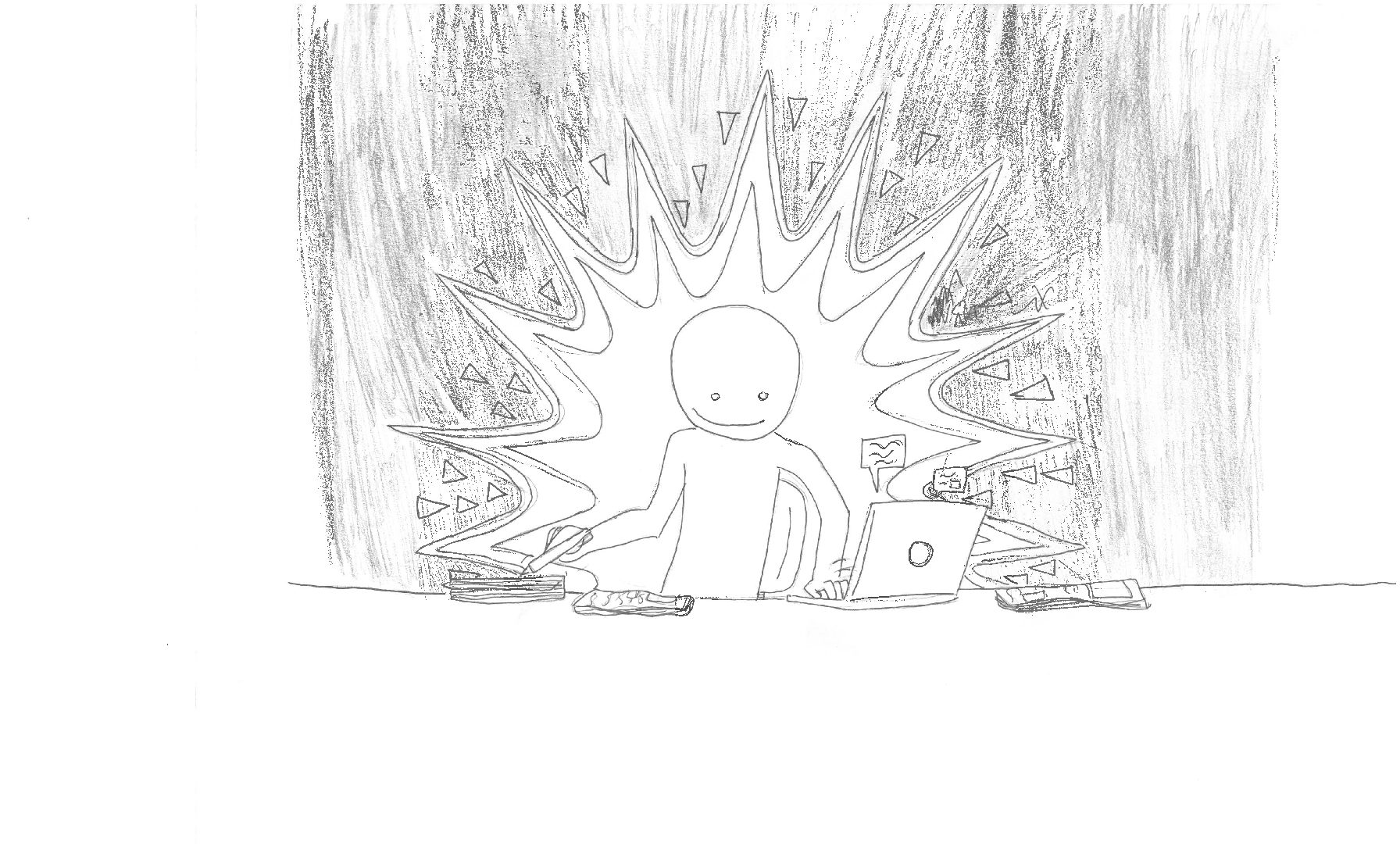
By Megan Schneider
Staff Writer
Dear Reader,
Have you ever felt so stressed that you can’t event talk? What about the fear of not being understood or being too embarrassed to articulate your feelings?
Journaling helps some people minimize their stress and anxieties by working through their thoughts on paper. Having something that no one else has to see and the ability to say anything you want can have extreme power.
I started writing in my journal every night when I first arrived at St. Michael’s College. It brought a sense of relief. The thoughts that raced around in my head, keeping me from sleeping at night or focusing during the day, were now transferred to paper.
“Things tend to swirl around in our heads endlessly,” said English professor Elizabeth Inness-Brown. “There is something about the act of writing sentences and paragraphs. It makes it more concrete, it makes it more of something you can look at and examine and it is outside yourself.”
Patrick Standen, a philosophy professor who journals, said writing can be more beneficial than talking. “The value of using words and writing it versus the value of just talking with people is that there are those unguarded moments when you are writing,” Standen said.
Many people say they don’t journal because it’s time consuming. Standen
said if you are committed to it, you will find time. Standen does his journaling as he eats his breakfast in the morning. This, he said, allows him to reflect on
the day before and let out any frustrations he still has in the morning. “It becomes, at times, a burden, but
it is a burden sort of in the same way as brushing my teeth. I’m going to do it and I’m not going to class without brushing my teeth and combing my hair.”
Ellen McKenna ’22, who journals for documentation said, “Sometimes I dread doing it to be honest. It’s the
kind of thing that takes motivation, but is so fulfilling afterwards.” Even so, McKenna said just taking ten minutes away from studying or homework isn’t difficult and can provide the stress relief one needs. McKenna typically journals at night reflecting on what she did or what happened that day.
There is power in not just writing your thoughts and reflecting on your day, but having that structure to do it everyday, said Standen, describing the practice as a discipline. “I think most people often still find themselves in that sort of episodic mode where ‘I just don’t have time’
and they let the world dictate to them instead of taking control of their lives.” Standen said.
Standen said that people make excuses not to journal, but journaling can be a joyful way to step away from the many obligations causing stress. You can try it by taking ten minutes of your day to sit down, whether it be morning or night, grab a notebook, and just write.

